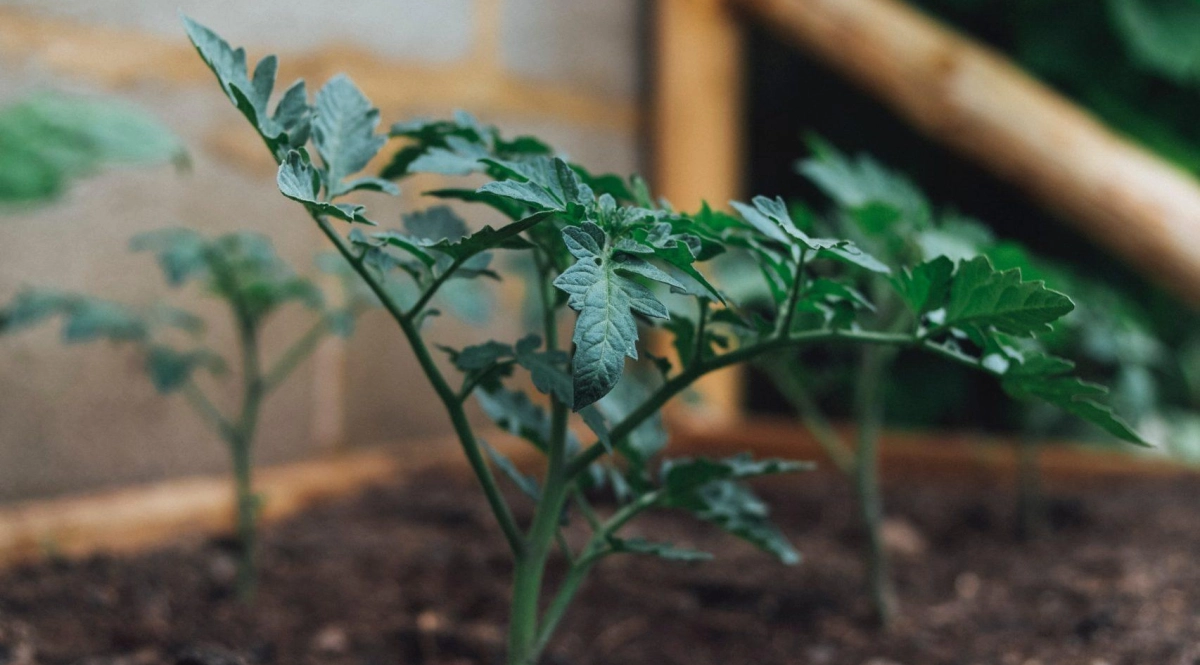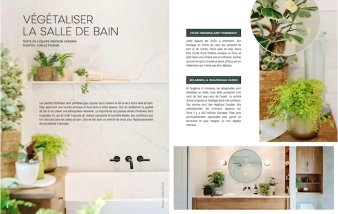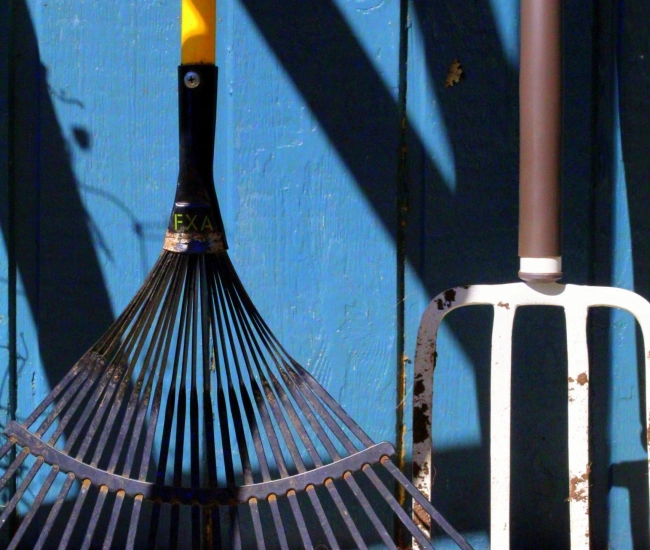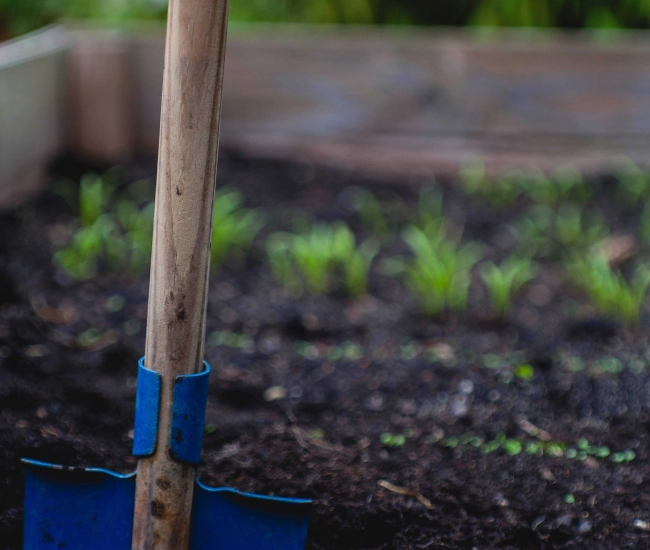
Gardening: what a beautiful gesture for the environment and the protection of the planet! Adding plants, growing vegetables, sowing beautiful lawns, planting trees... all of this may seem very positive, but is it always and necessarily the case? While plants are true carbon sequestration factories, their maintenance can tip the balance into the negative if they are not first installed in conditions favorable to their development and if we try at all costs to meet our own needs without considering those of the plants. Respecting a few basic principles allows for gardening in full respect of the environment, this is called ecological gardening. It's very simple and totally logical when you take the time to focus on it.
The right plant in the right place
If you have only one rule to follow, it's this one. Would you be tempted to plant a cactus in your water garden? Most likely not, and for good reason! The same goes for all plants. You must ensure that you plant them in an environment suitable for their development if you want them to fully thrive without having to give them extreme care. Choose your plants based on sunlight, soil type, your hardiness zone, their tolerance to insects and diseases, etc. Garden with nature and not against it. It’s much easier and everyone benefits from it.
Nourish the plants AND the soil
Fertilizing the plants is good, but nourishing the soil and the organisms living in it at the same time is even better! Planting vegetation in rich soil is almost a guaranteed success! Compost is a valuable ally for gardeners. In addition to enriching the soil, it feeds the plants. You can make your own compost at home or opt for Marine Compost which you will find at your local Passion Jardins garden center. If your plants need a little extra help, especially the more demanding ones, opt for natural fertilizers. Unlike mineral or synthetic fertilizers, they need to be broken down by living organisms to release nutrients, which further stimulates activity in the soil.
Use water wisely
Like all living beings, plants need water to be healthy and thrive. We must avoid wasting this precious resource. We need to be efficient and optimize watering to do more with less:
- Water deeply. Quick and shallow watering does not encourage plants to root deeply. It is better to water less often and for longer periods rather than the reverse.
- Water at the right time. Water early in the morning or in the early evening, if your municipal regulations allow, of course.
- Take advantage of nature. Collect rainwater in pots or barrels and reuse it to water your plants. You can also divert your gutters to your flower beds or flower masses rather than the driveway.
- Take advantage of mulch benefits. Mulch allows the soil to retain water better and stay cooler. You will therefore need to water less often. You can even put mulch in your pots; it works very well. Moreover, mulch slows down the growth of weeds: why do without it?!
Use what nature offers us
Without human intervention, nature is self-sufficient. Even in our modern and urbanized world, we must know how to use what nature provides us.
- Leave grass clippings on the lawn, they nourish the grass rather than feeding landfills.
- Use autumn leaves to mulch your flower beds. In addition to protecting the roots of your plants during winter, the leaves will decompose and nourish the soil. You can also run over the leaves with your mower in shredding mode. That way, no need to pick them up, they will all be gone by next spring. And one less chore for you!
- Plant honey plants to attract pollinators who can then fertilize other plants to keep the great circle of life going.
- Let your garden fall asleep quietly in the fall. The leaves, stems, and branches of your plants will nourish the soil and allow birds and small animals to shelter and feed during cold winter days. Even if you do fall cleaning, you will still have to do it again in the spring. For once, let laziness prevail!
Perfection is not of this world
If you wish to have a perfect, manicured, straight garden without any imperfection, not only will you have to spend many hours on it, but you will also need to use more inputs, fertilizers, and pesticides to achieve your goals. A few weeds will not make your lawn less pleasant for family picnics, and a few leaves eaten by caterpillars are harbingers of beautiful butterflies to come. Pull manually, use compost and green fertilizers, learn more about companion planting and insect repellent species, and favor biological control.
Above all: be tolerant.
Make your garden a welcoming place for insects and birds, as well as for humans. It is possible to live in harmony, all together, in beautiful ecological gardens. For more tips and advice on how to garden in an eco-friendly way, consult your Passion Jardins garden center advisor, true nature enthusiasts.
Tips and advice



